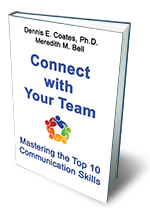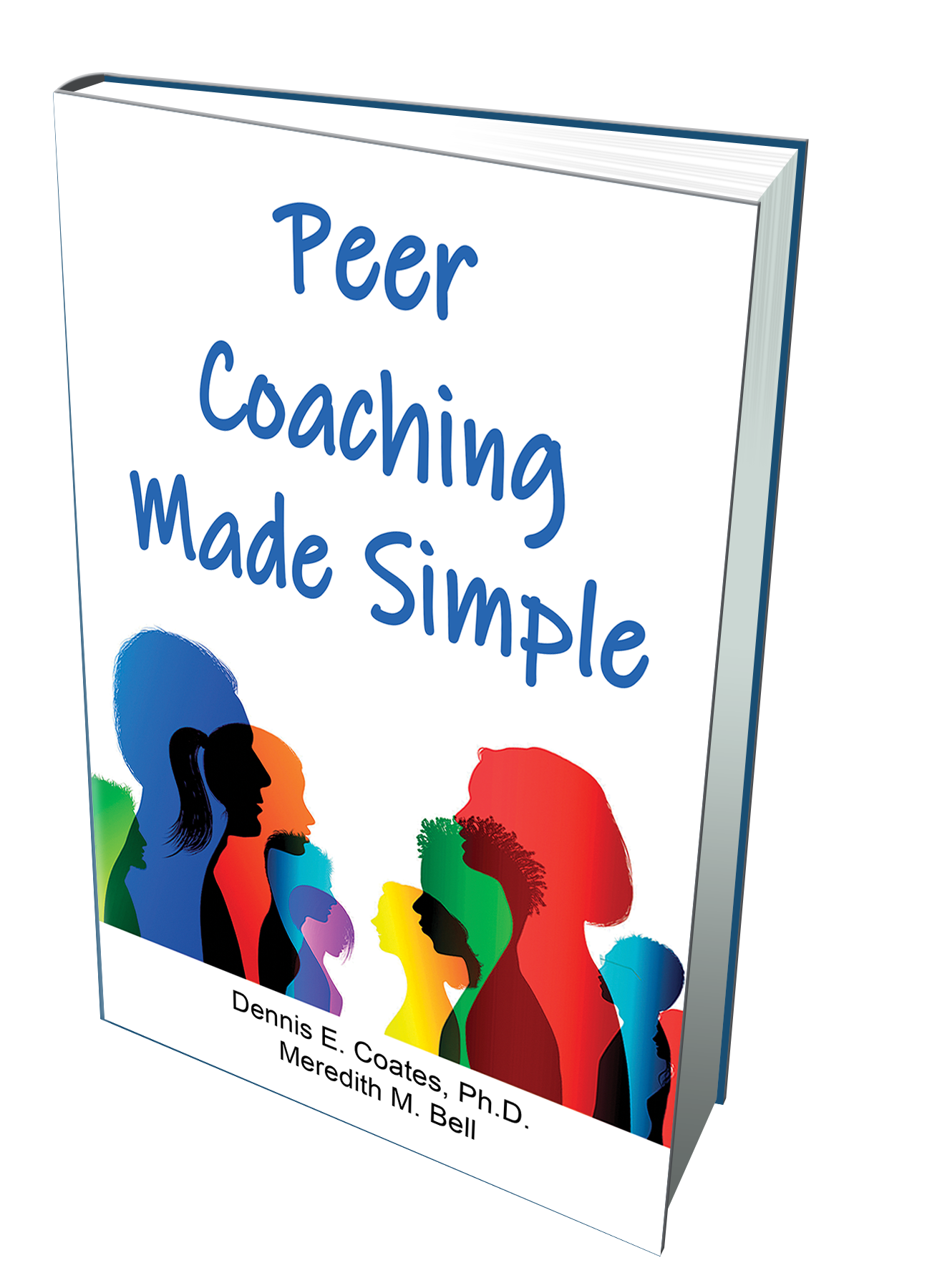
213: How to Hire Amazing Employees
213: How to Hire Amazing Employees
Have you ever made a hiring mistake? If you’d had guidance from Jeannette Seibly, you might have avoided that costly error. Jeannette is an expert on hiring practices, and in this conversation she shares many important tips from her excellent book, Hire Amazing Employees: How to Increase Retention, Revenues and Results!
Jeannette is The Leadership Results Coach as well as an award-winning speaker, author, and consultant. Besides her deep knowledge around hiring, Jeannette also works with leaders and their teams to explore ideas, create new possibilities, and achieve win-win-win results. Her primary focus for the past 30 years has been hiring, coaching, and retaining top talent.
You’ll discover:
- The process many companies follow when hiring…and why that approach is a problem
- Why Jeannette says Job Fit is #1 when considering a candidate
- The 3 equal parts that make up the Selection Triad
- How to conduct effective interviews—what to do and what not to do
- Why doing only a background check is not adequate due diligence






